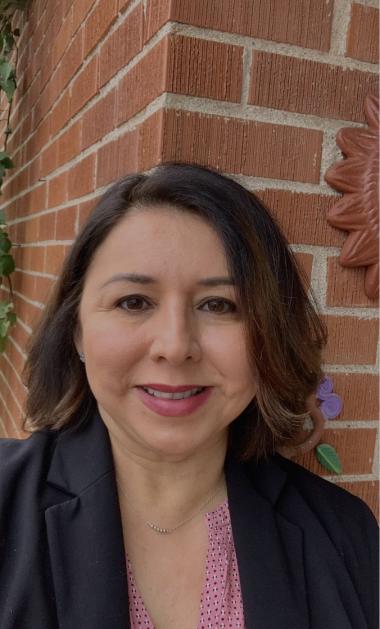Hortensia “Meg” Cota is a Professor of Practice in the Department of Educational Policy Studies and Practice (EPSP). She is part of the EPSP teaching faculty, and she leads the coordination and management of the Master of Educational Leadership (M.Ed.) program and administrative certifications for school principals and superintendents.
Prior to her work at the university, Dr. Cota worked in the k-12 public education setting for nearly 20 years. Locally, Dr. Cota has worked as both a teacher and principal in Tucson-area public schools. In these roles, she was recognized as an advocate for students and has been recognized for her work in fostering school/community partnerships. At the broader state level, Dr. Cota served schools across the state of Arizona in her role as an Education Program Specialist with the school improvement team at the Arizona Department of Education (ADE). In this position, she supported leaders of schools/districts and their teams as they worked towards change and transformation. It is through this work at ADE in particular, that Dr. Cota was able to greatly expand her knowledge of varied school contexts and gain a better understanding of all the nuances associated with current educational realities and what schools “look like” today; moving beyond perceptions of traditional school environments. Her position at ADE provided access and rare insights into the complexities of diverse and unique school communities located across the state; an opportunity afforded to few. Dr. Cota was able to observe first-hand, the strengths and challenges each distinct environment can bring, and identify how these impacted their educational systems and practices. She hopes to share her knowledge and experiences with students as she helps prepare them for future leadership roles.
Dr. Cota received her bachelor’s and doctoral degrees from the University of Arizona. She holds an M.Ed. from Northern Arizona University. Her research interests include asset-based leadership development, social justice leadership, examining the impact of school choice on school communities, and exploring the dynamics between the socio-cultural aspects of students, families and communities, and current educational policies, practices, and organizational operations.


